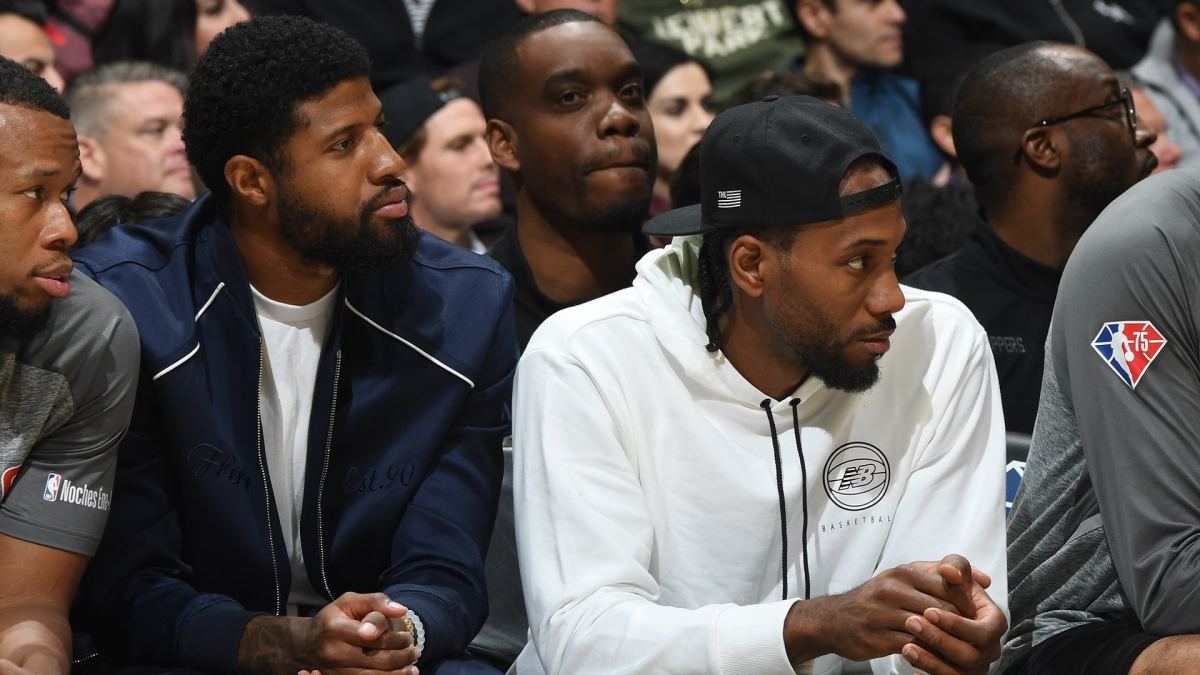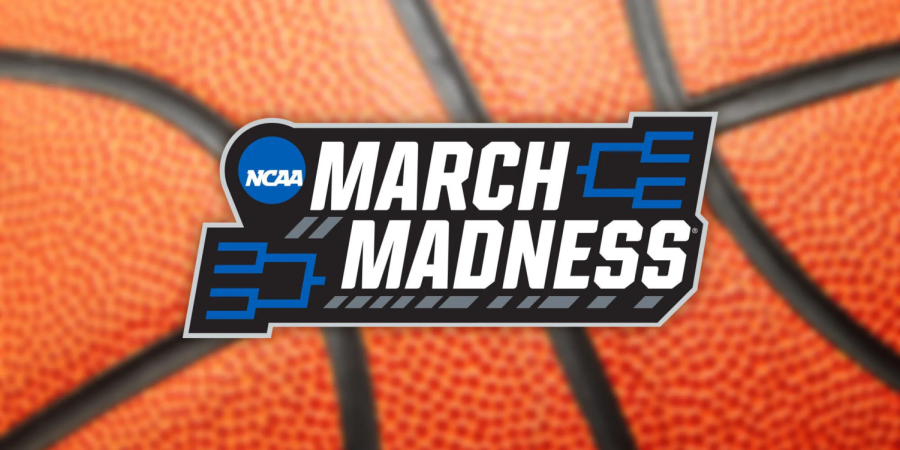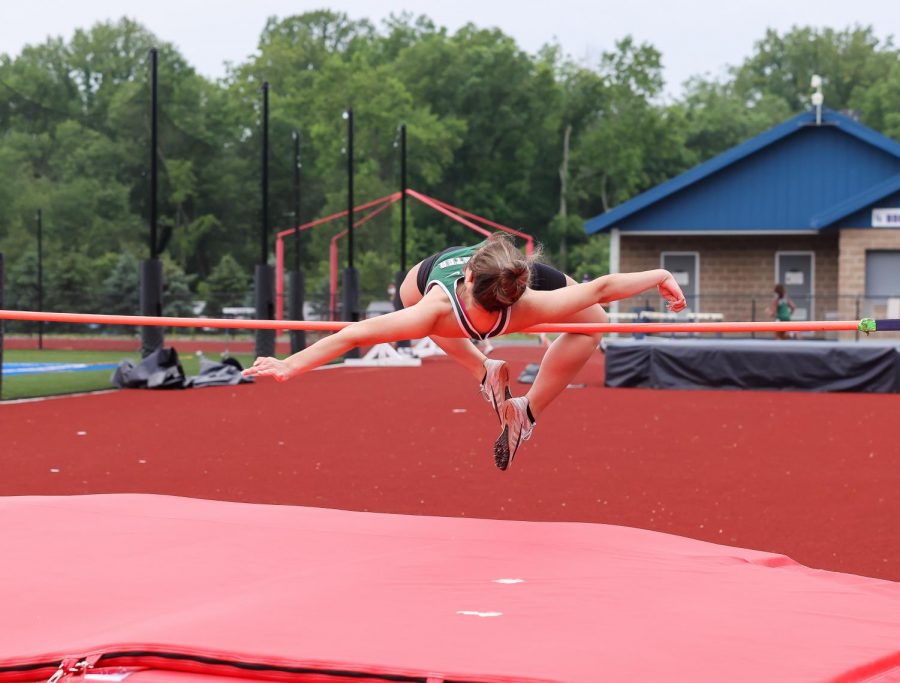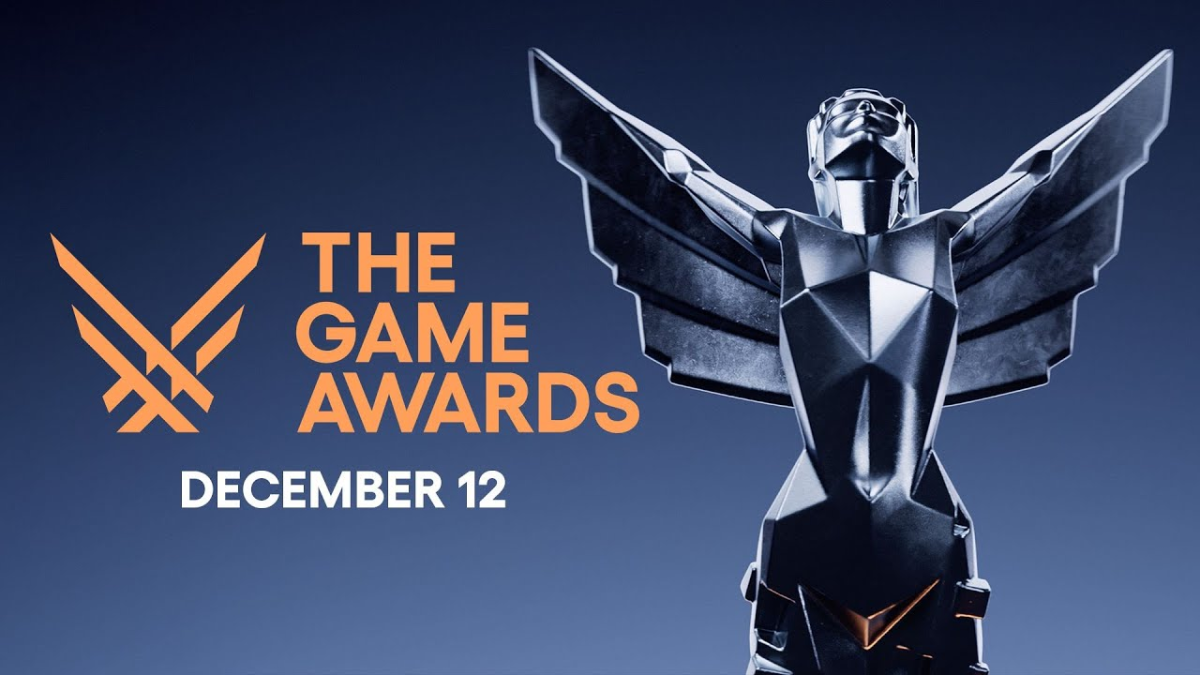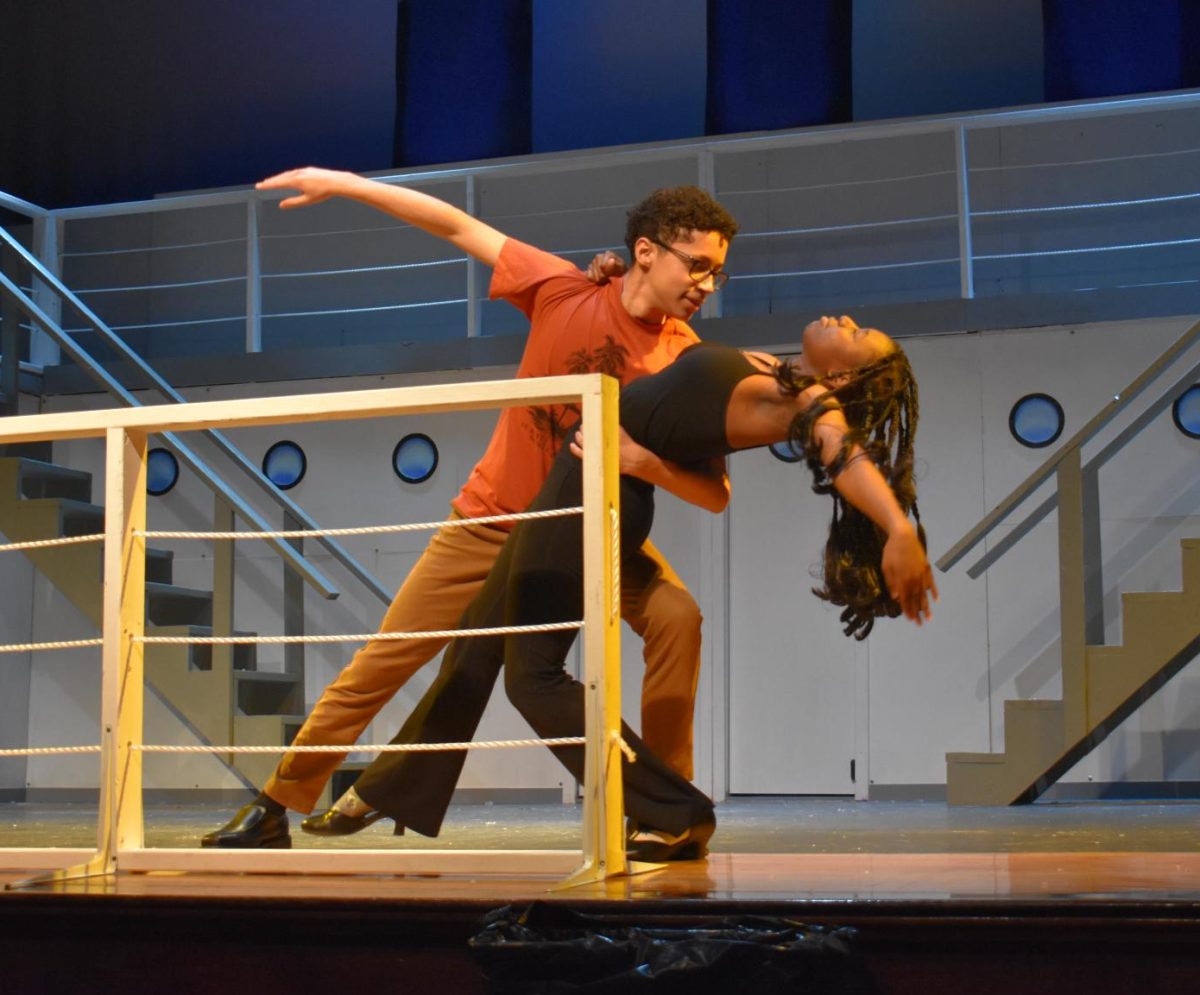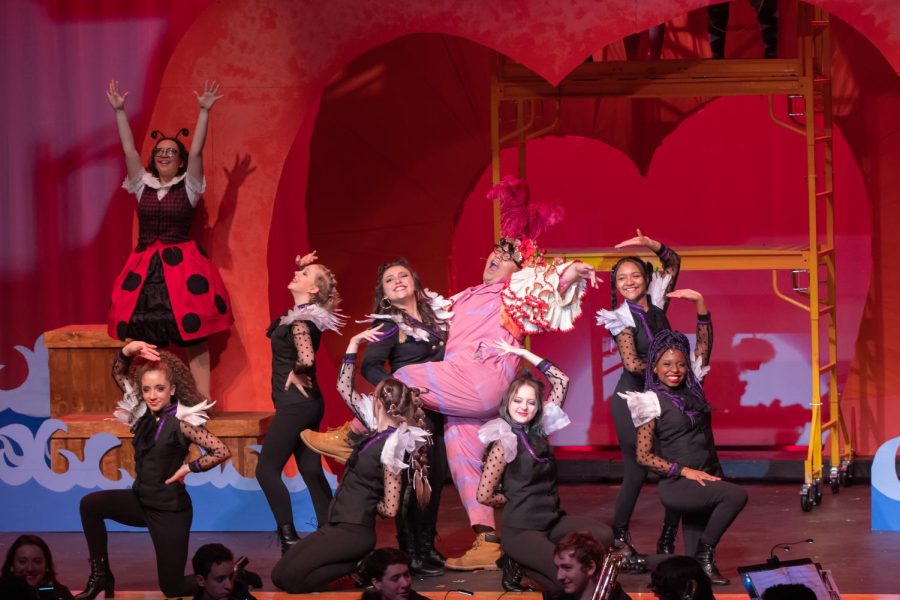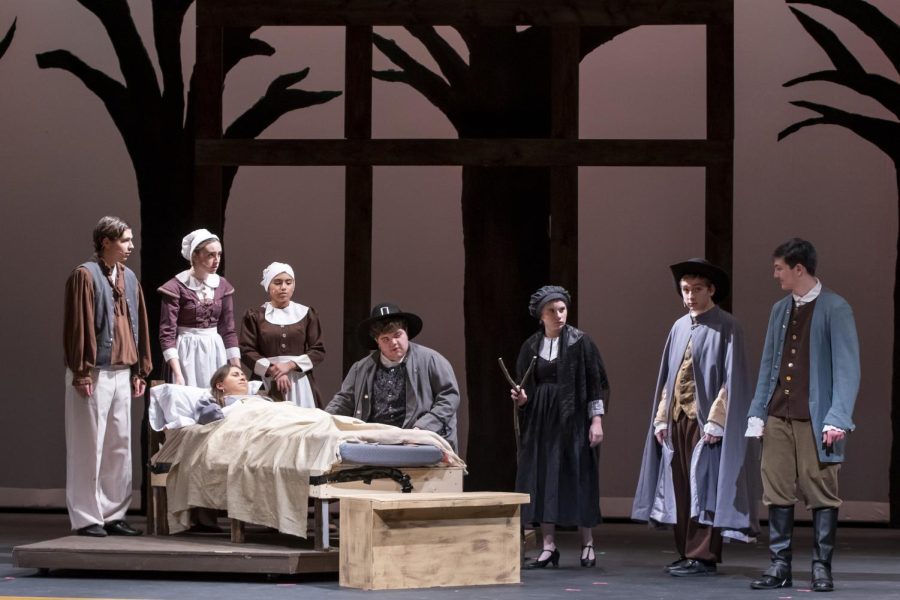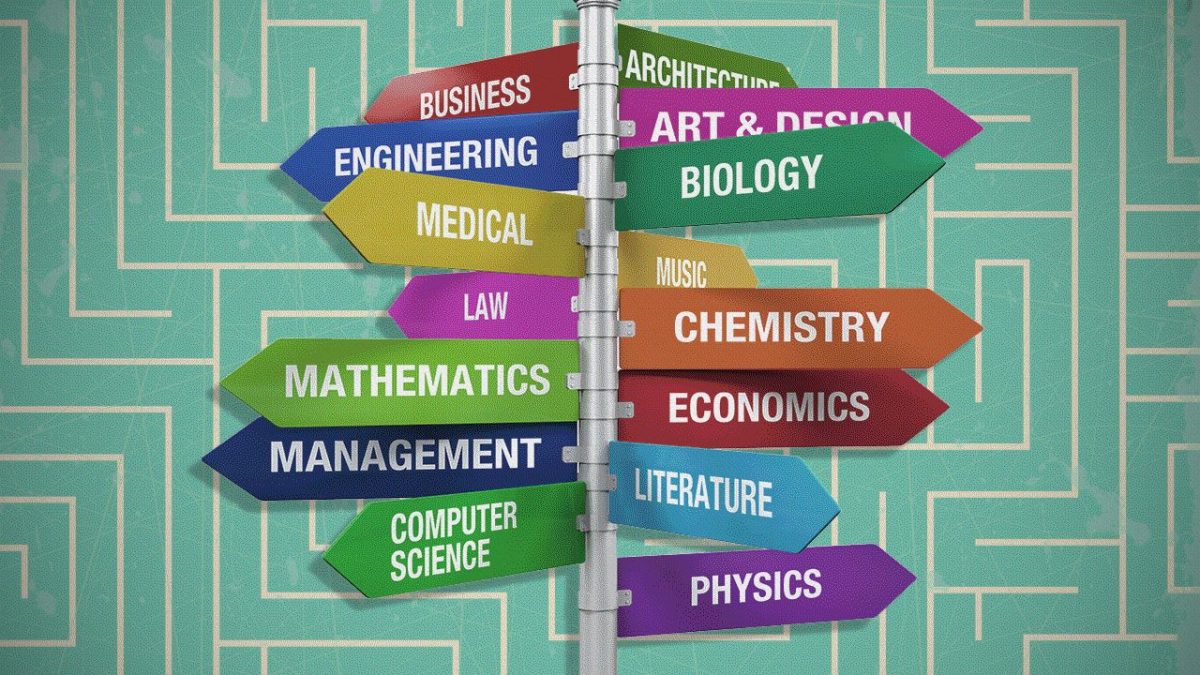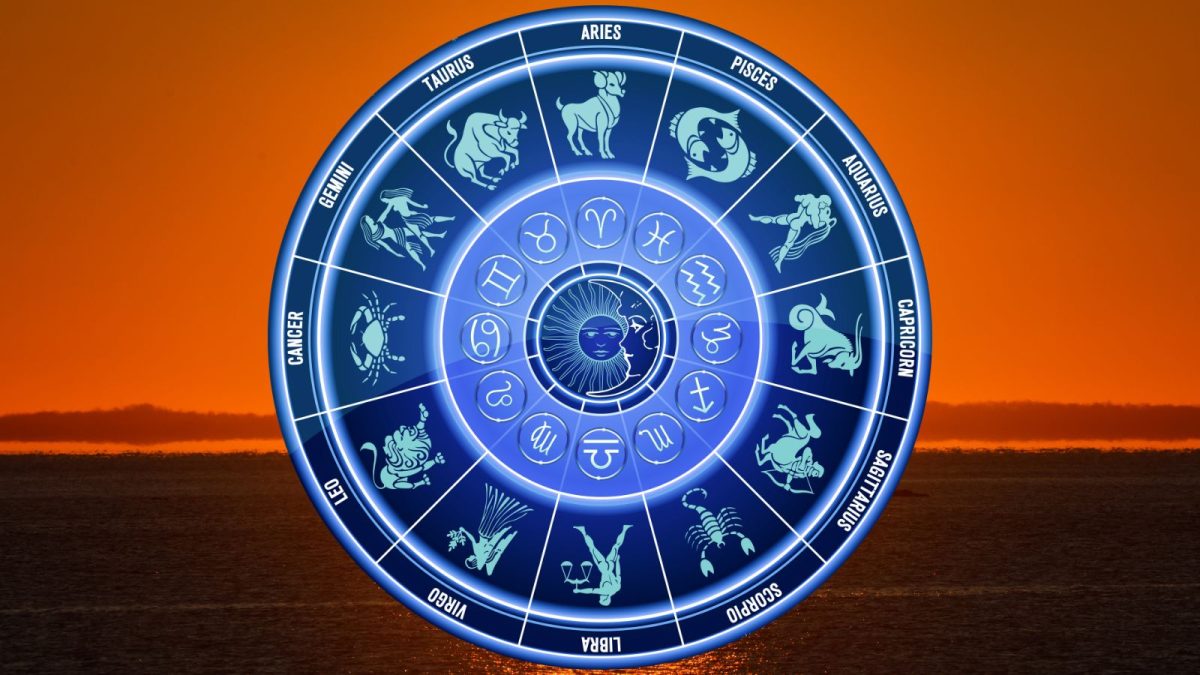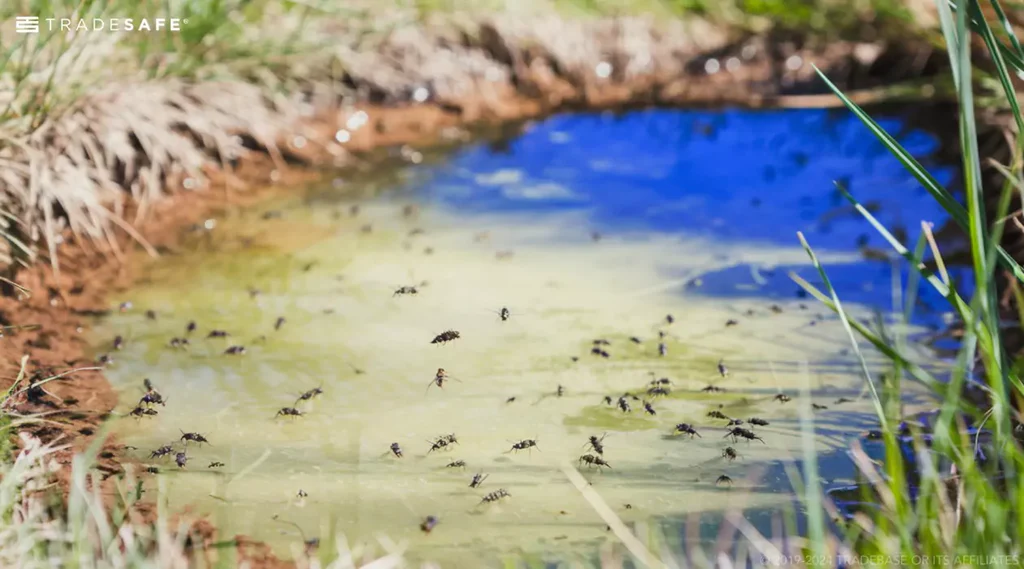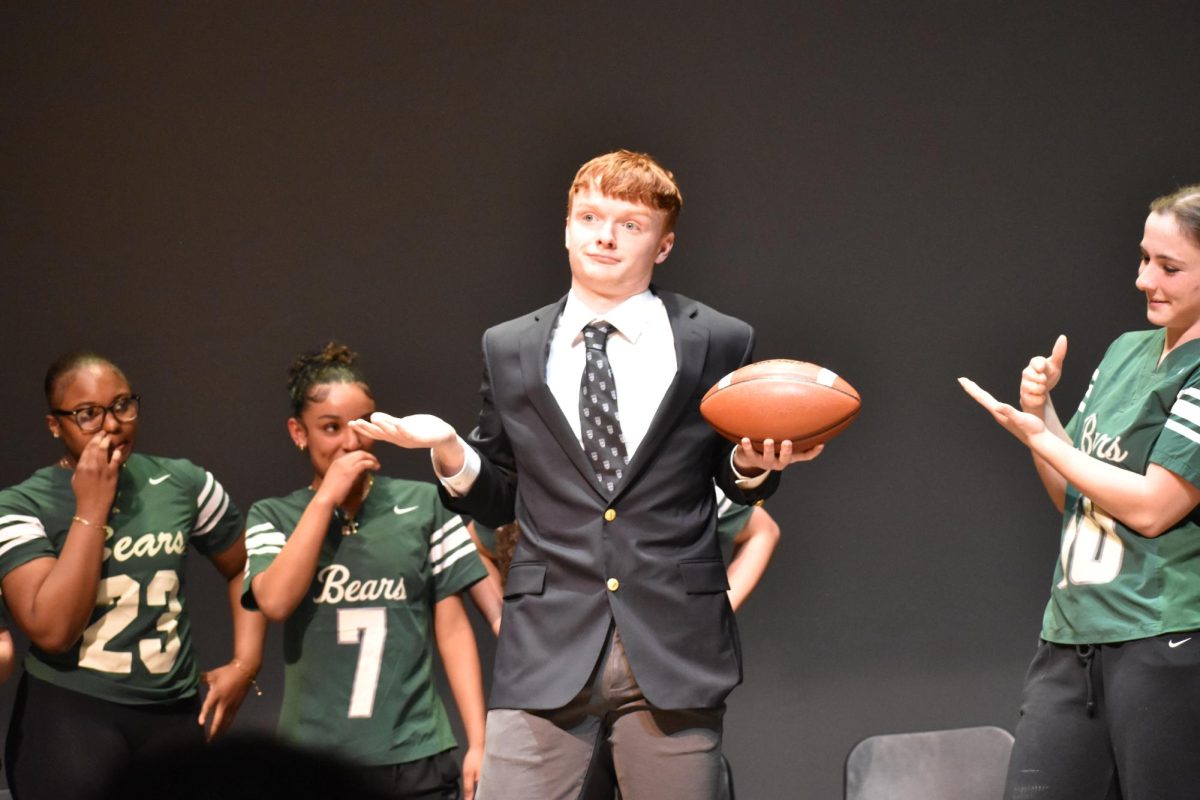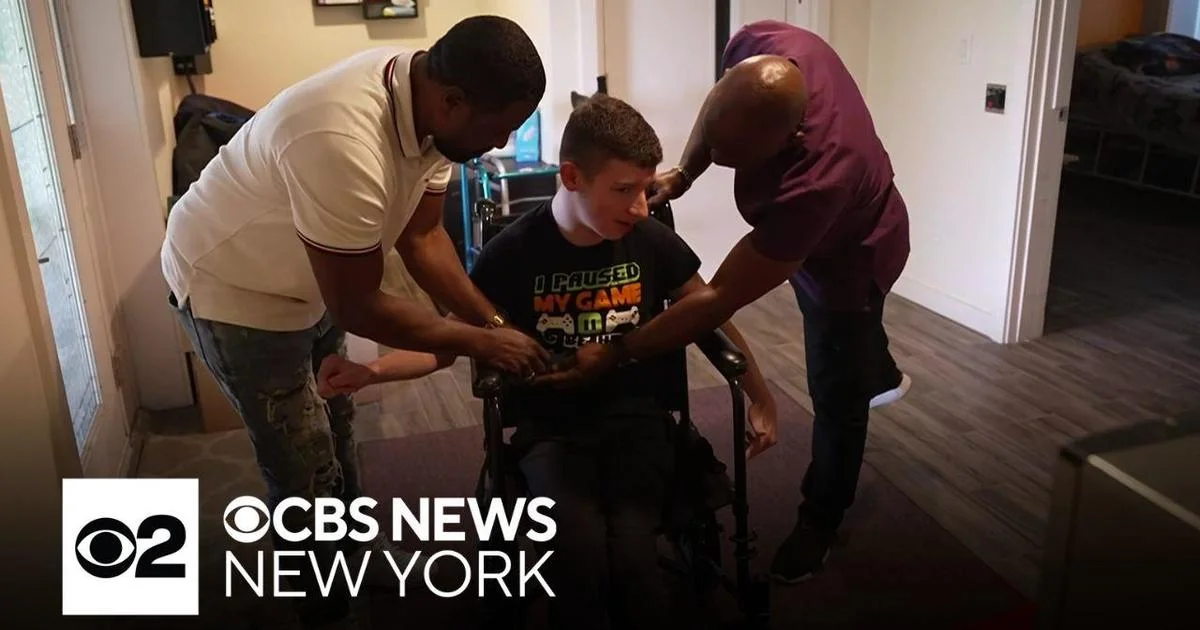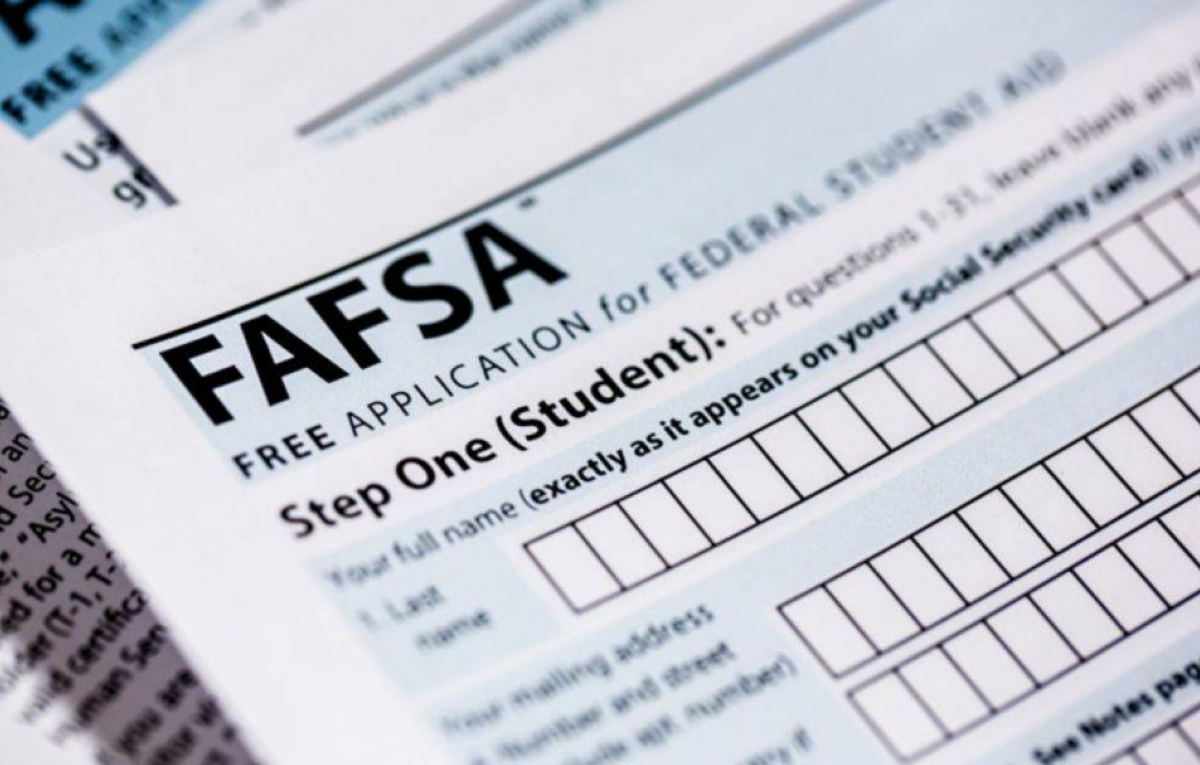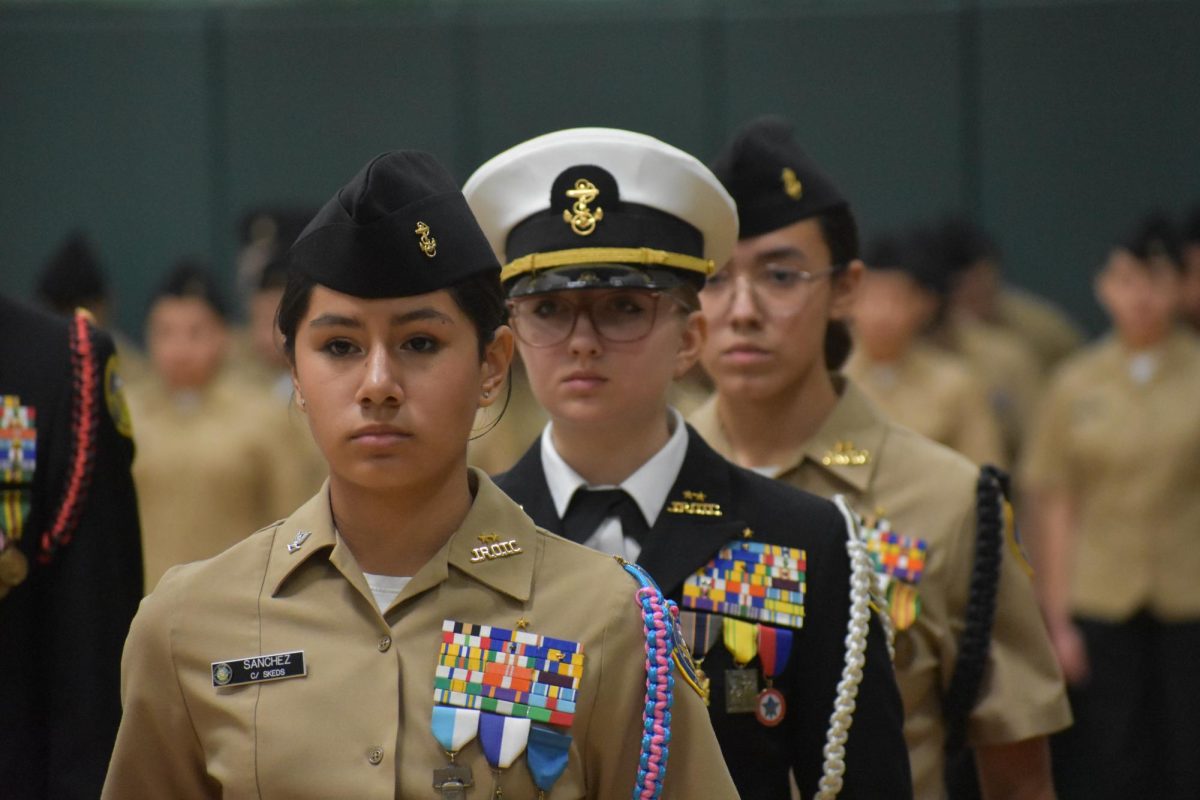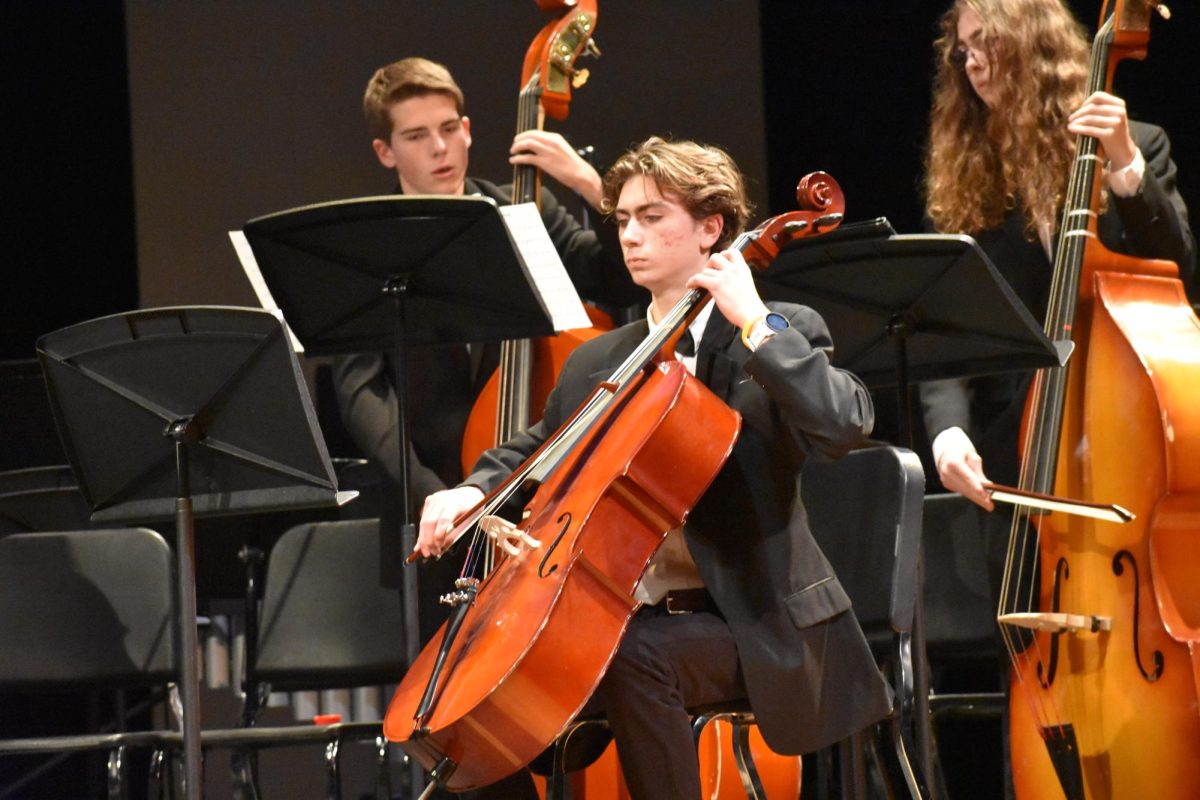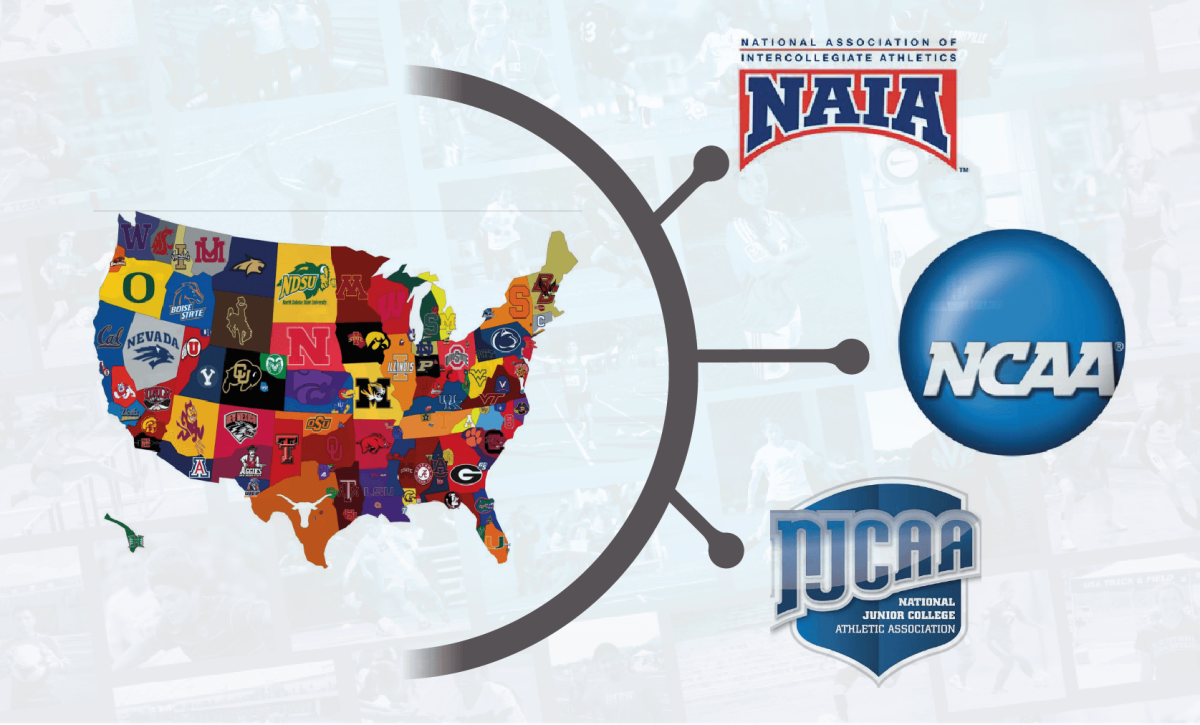The collegiate level of any sport, whether it’s Division I, II, or III, is what many athletes long for; it’s what they have been working for ever since the ripe age of 8—traveling to different states every weekend just to hopefully get noticed by a college coach. “Am I too late?” is a question many athletes ask themselves during their freshman or sophomore year of high school. Well, let’s see.
High school athletes throw around the term ‘recruitment process’ without knowing its full meaning. Yes, it’s simply getting noticed by coaches, but the process itself isn’t all that simple. Ask a collegiate athlete themselves, and they will tell you how hard they worked for this opportunity. There are many important factors in how to become a prospect, but here are a few that every coach has told me:
Reach Out
It is important to reach out to college coaches on your own. The reason that college coaches aren’t reaching out to you is because they simply don’t know who you are. NCAA rules state that these coaches typically cannot respond until January 1st of your junior year. Even with this rule in place, college coaches still read your emails regardless and keep track of who you are. Important information to include in your email is highlighted videos, academic information, and any sport-related stats as well, but don’t stack your stats. Let me explain. Yeah, stats are great! However, many athletes have been caught lying about their stats, which greatly affects their future collegiate career. I get it; you want to impress them, but this does the exact opposite and just isn’t worth the consequences, especially since they have resources for finding out your real stats. Plus, coaches care more about in-game clips and how you play as a player overall. Additionally, add tournament and competition schedules (depending on your sport) and encourage them to come and watch you live. They won’t always show up, depending on the type of tournament or competition or their own coaching schedule, but there is a good chance they will, and it is more frequent than not. When reaching out, make sure the coach(es) that you’re emailing are the correct ones. Many athletes (and this happens all of the time) use incorrect information when contacting coaches, like emailing the old head coach of the program or even emailing just the wrong person. Coaches hate when this happens, especially because they feel as if you don’t care well enough about playing in their program in the future. So, do the extra work to research the staff directory to clarify which coach is which.
Go to Prospect Camps and Showcases
Being on an elite team is great, but if you aren’t going to showcases with your team or prospect camps on your own, there is no point in being on that team. Showcases and prospect camps demonstrate your talent to coaches of interest. They allow coaches to see your skills, presentation, and, most importantly, your attitude and sportsmanship. The more of these that you attend, the more the coaches will remember you and most likely keep you in mind for the future. Here, you are even able to receive feedback from the coaches, which allows them to see if you are coachable as a player and how quickly you adjust. The coaches can also see your hustle and how quick you are to move on to the next step of instruction. Coaches hate seeing laziness and bad attitude, especially during fast-pacing drills or exercises. As stressful as it might sound, the more camps and showcases you attend, the more fun they are, so getting used to attending them now is ideal. Stress can get to you, but it doesn’t affect how you are as a player. If you make a mistake, don’t wear it in your body language. Show the coach(es) that you can easily adjust. Having good body language is immensely important.
Be a Student Before Being an Athlete
The term student-athlete is exactly as it sounds: student, then athlete. However, high school athletes think that their talent is going to get them to collegiate sports all on its own. This is far from the truth. Of course talent is a huge part of the recruitment process, but having a good academic standing is just as important. Coaches extremely dislike it when athletes disregard their willingness to learn and solely rely on their athletic abilities. It lacks character and isn’t someone that a coach wants on their team. Furthermore, the higher the grade of a student athlete, the more chance they have of not only being recruited but also getting offered a scholarship. When some schools aren’t able to offer a full athletic scholarship, they try and find other scholarships to give the prospective student-athlete; this results in a semi-athletic semi-academic scholarship (depends on the school, too). Another mistake to avoid when focusing on academics is lying about your GPA. Unfortunately, many student-athletes do this, and it is done way too often. College coaches are able to obtain your grade point average, so don’t risk yourself a scholarship by doing this. Overall, being academically ambitious is overlooked by many high school students, so keep this in mind.
Whether you already knew this information or not, it’s still all true and valuable to learn from. Of course, this is all easier said than done, but no one ever said that this process was going to be just handed to you. Of course, people have gotten recruited from varsity experiences, but that happens on rare occasions, so do not rely on just one season of a sport to do you justice in front of college coaches. Now, if what I say doesn’t seem important, then here is some advice from someone currently getting recruited:
- In the first year of 16 (or even younger), join an organization that goes to showcases. If this isn’t possible, then do camps to get your name out there.
- There will be sacrifices, such as not being able to attend social gatherings, school events, etc. However, take action. Make videos on social media and YouTube, and send as many emails as possible to various schools of your interest.
- This can be a negative or positive experience, so don’t just give up. It will be a roller coaster, but you have to decide if this complicated process is worth the sacrifices.
- One of the most difficult things for a prospect to endure is the anticipation of a response from a coach or school, especially if you’re a junior or senior. However, you aren’t the only person interested in their program, so take a deep breath and gain some patience over the next year or two.
- Lastly, making the choice of where you can potentially end up is a big step. It really depends on the culture of the team and the overall level of the coaches’ interest.
Making the right choices now and taking the opportunity to be someone coaches are looking for can make all the difference between you and those who are just hoping to get lucky in the process. Follow these steps and give yourself the advantage.
The collegiate level of any sport, whether it’s Division I, II, or III, is what many athletes long for; it’s what they have been working for ever since the ripe age of 8—traveling to different states every weekend just to hopefully get noticed by a college coach. “Am I too late?” is a question many athletes ask themselves during their freshman or sophomore year of high school. Well, let’s see.
High school athletes throw around the term ‘recruitment process’ without knowing its full meaning. Yes, it’s simply getting noticed by coaches, but the process itself isn’t all that simple. Ask a collegiate athlete themselves, and they will tell you how hard they worked for this opportunity. There are many important factors in how to become a prospect, but here are a few that every coach has told me:
Reach Out
It is important to reach out to college coaches on your own. The reason that college coaches aren’t reaching out to you is because they simply don’t know who you are. NCAA rules state that these coaches typically cannot respond until January 1st of your junior year. Even with this rule in place, college coaches still read your emails regardless and keep track of who you are. Important information to include in your email is highlighted videos, academic information, and any sport-related stats as well, but don’t stack your stats. Let me explain. Yeah, stats are great! However, many athletes have been caught lying about their stats, which greatly affects their future collegiate career. I get it; you want to impress them, but this does the exact opposite and just isn’t worth the consequences, especially since they have resources for finding out your real stats. Plus, coaches care more about in-game clips and how you play as a player overall. Additionally, add tournament and competition schedules (depending on your sport) and encourage them to come and watch you live. They won’t always show up, depending on the type of tournament or competition or their own coaching schedule, but there is a good chance they will, and it is more frequent than not. When reaching out, make sure the coach(es) that you’re emailing are the correct ones. Many athletes (and this happens all of the time) use incorrect information when contacting coaches, like emailing the old head coach of the program or even emailing just the wrong person. Coaches hate when this happens, especially because they feel as if you don’t care well enough about playing in their program in the future. So, do the extra work to research the staff directory to clarify which coach is which.
Go to Prospect Camps and Showcases
Being on an elite team is great, but if you aren’t going to showcases with your team or prospect camps on your own, there is no point in being on that team. Showcases and prospect camps demonstrate your talent to coaches of interest. They allow coaches to see your skills, presentation, and, most importantly, your attitude and sportsmanship. The more of these that you attend, the more the coaches will remember you and most likely keep you in mind for the future. Here, you are even able to receive feedback from the coaches, which allows them to see if you are coachable as a player and how quickly you adjust. The coaches can also see your hustle and how quick you are to move on to the next step of instruction. Coaches hate seeing laziness and bad attitude, especially during fast-pacing drills or exercises. As stressful as it might sound, the more camps and showcases you attend, the more fun they are, so getting used to attending them now is ideal. Stress can get to you, but it doesn’t affect how you are as a player. If you make a mistake, don’t wear it in your body language. Show the coach(es) that you can easily adjust. Having good body language is immensely important.
Be a Student Before Being an Athlete
The term student-athlete is exactly as it sounds: student, then athlete. However, high school athletes think that their talent is going to get them to collegiate sports all on its own. This is far from the truth. Of course talent is a huge part of the recruitment process, but having a good academic standing is just as important. Coaches extremely dislike it when athletes disregard their willingness to learn and solely rely on their athletic abilities. It lacks character and isn’t someone that a coach wants on their team. Furthermore, the higher the grade of a student athlete, the more chance they have of not only being recruited but also getting offered a scholarship. When some schools aren’t able to offer a full athletic scholarship, they try and find other scholarships to give the prospective student-athlete; this results in a semi-athletic semi-academic scholarship (depends on the school, too). Another mistake to avoid when focusing on academics is lying about your GPA. Unfortunately, many student-athletes do this, and it is done way too often. College coaches are able to obtain your grade point average, so don’t risk yourself a scholarship by doing this. Overall, being academically ambitious is overlooked by many high school students, so keep this in mind.
Whether you already knew this information or not, it’s still all true and valuable to learn from. Of course, this is all easier said than done, but no one ever said that this process was going to be just handed to you. Of course, people have gotten recruited from varsity experiences, but that happens on rare occasions, so do not rely on just one season of a sport to do you justice in front of college coaches. Now, if what I say doesn’t seem important, then here is some advice from someone currently getting recruited:
- In the first year of 16 (or even younger), join an organization that goes to showcases. If this isn’t possible, then do camps to get your name out there.
- There will be sacrifices, such as not being able to attend social gatherings, school events, etc. However, take action. Make videos on social media and YouTube, and send as many emails as possible to various schools of your interest.
- This can be a negative or positive experience, so don’t just give up. It will be a roller coaster, but you have to decide if this complicated process is worth the sacrifices.
- One of the most difficult things for a prospect to endure is the anticipation of a response from a coach or school, especially if you’re a junior or senior. However, you aren’t the only person interested in their program, so take a deep breath and gain some patience over the next year or two.
- Lastly, making the choice of where you can potentially end up is a big step. It really depends on the culture of the team and the overall level of the coaches’ interest.
Making the right choices now and taking the opportunity to be someone coaches are looking for can make all the difference between you and those who are just hoping to get lucky in the process. Follow these steps and give yourself the advantage.














